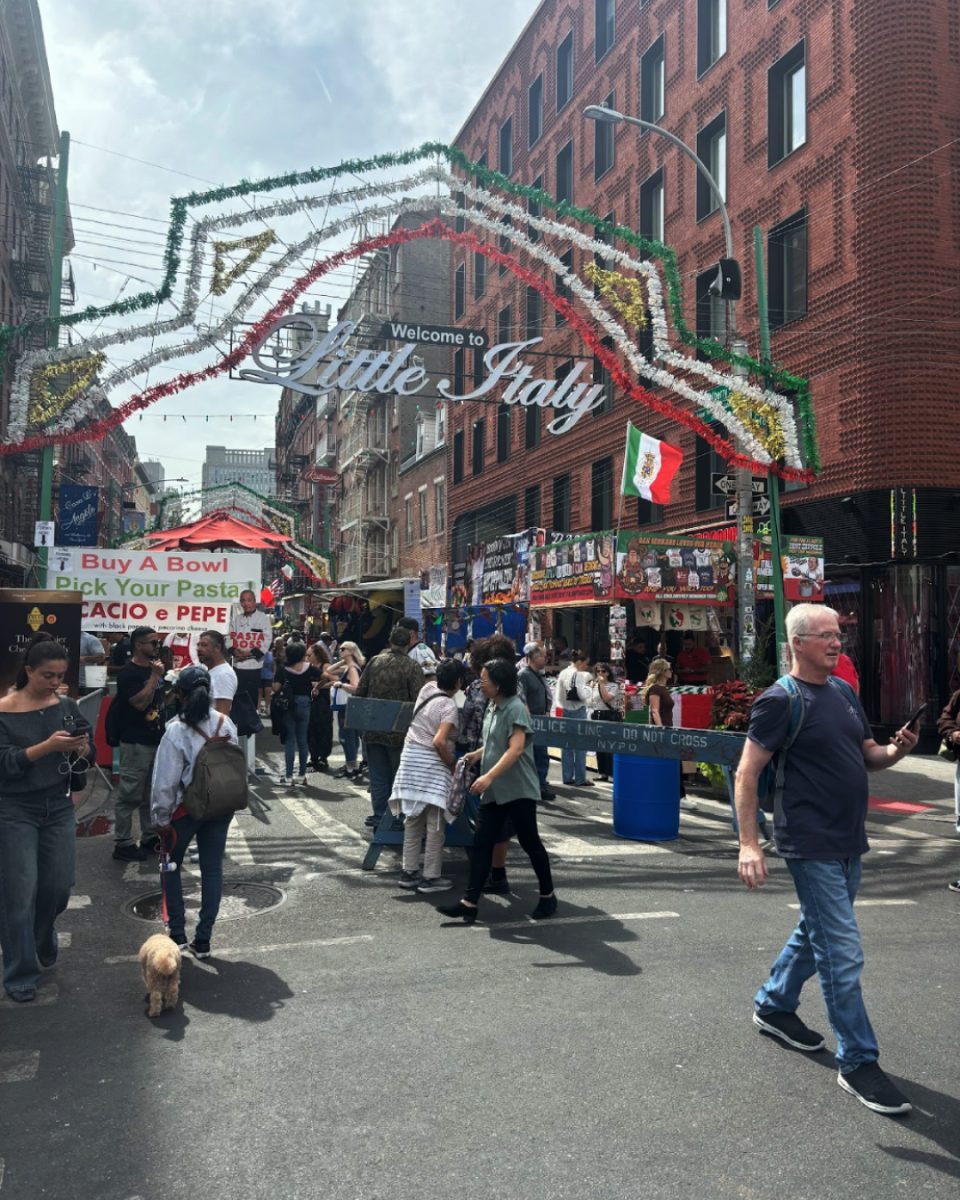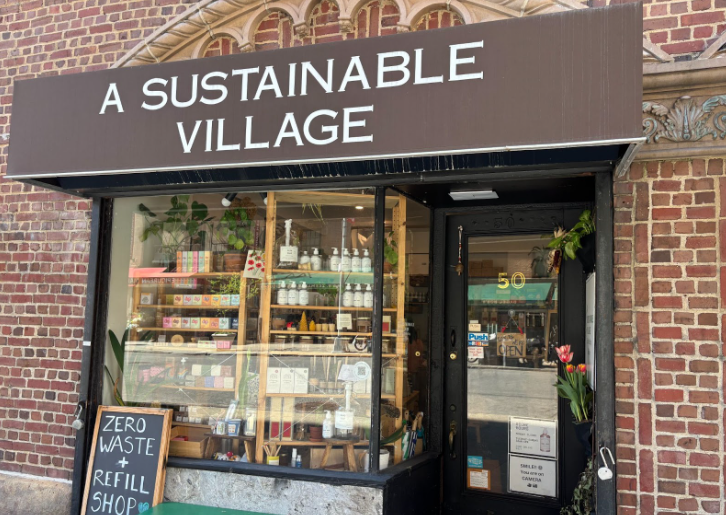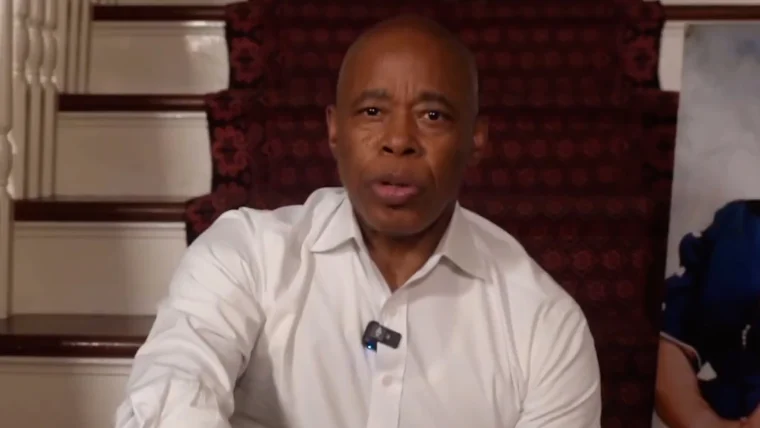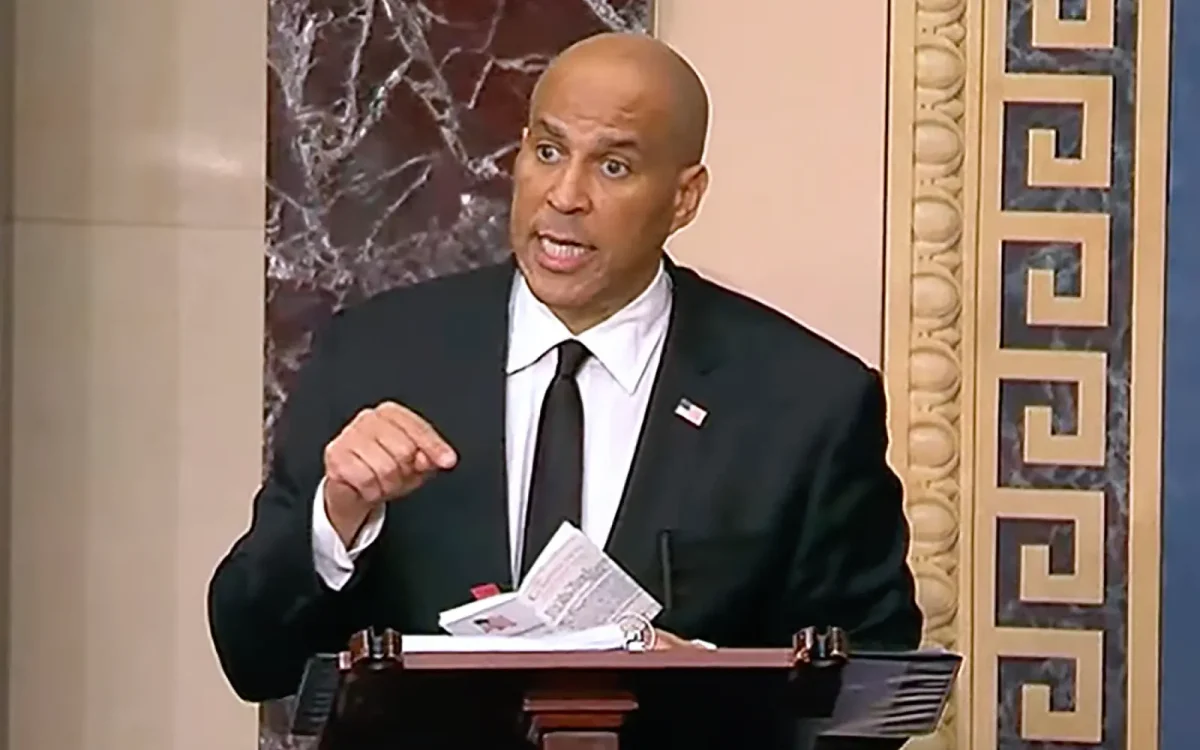A World War II statue was found vandalized on Tuesday Feb. 19 in Sarasota, Florida. The statue is modeled after the popular photograph of a sailor kissing a young woman in 1945 Times Square. According to The Associated Press, the photo was taken on Aug. 14, 1945 when “Japan surrendered to the United states” when “people spilled into the New York City streets to celebrate the news.” The leg of the woman displayed on The Unconditional Surrender statue read, “#MeToo” in red spray paint.
The #MeToo movement began spreading on social media and created an explosion of testimonials from individuals who opened up about their experiences with sexual assault and harassment. From the women who were victims of director Harvey Weinstein’s assaults, to those who stood up against Supreme Court Justice Brett Kavanaugh, the #MeToo movement provided a platform for individuals everywhere to speak their truth. The two simple words, ‘me too,’ still carry unfathomable weight almost two years after the start of the movement. #MeToo is still seen on social media accounts such as Twitter and Facebook posts, but many have taken it to all kinds of audiences. In this case, those who have seen the bold spray-painted words on the leg of a statue.
According to CNN, the sailor in the photograph, George Mendonsa, passed away at the age of 95 two days before the statue was vandalized. The woman, Greta Friedman, who was working as a dental assistant at the time, did not know the sailor when he embraced her. In an interview with CNN, Mendonsa stated, “I had a few a drinks, and it was just plain instinct, I guess. I just grabbed her.” This act could be considered as an assualt in today’s society. While this doesn’t make Mendonsa a criminal, it’s important to analyze the moments in the past we may romanticize.
The vandalism on the statue can be seen as a form of protest against the societal approval of sexual assault in the endorsement and capitalism this kiss has created. The iconic picture can be seen on posters, mugs, keychains, movies, etc. Not until now has the consent of this kiss truly been discussed by the public.
The incident caused a wide spectrum of reactions. Some individuals believe that this was to further the #MeToo movement while others are hurt that someone would do this only days after Mendonsa’s death.
University sophomore, Leilla Zupsic, says, “In the time period where the kiss happened, the act wasn’t brought to as much attention as it would be if it happened today.”
In an interview conducted by Veteran’s History Project in 2005, Greta Friedman described the moment by saying, “Suddenly, I was grabbed by a sailor. It wasn’t much of a kiss. It was more of a jubilant act that he didn’t have to go back.” This was a monumental time in history, and many were celebrating in the streets of New York. Friedman went on to say, “It wasn’t a romantic event. It was just an event of ‘thank God the war is over’ kind of thing”. Friedman also said that the reason why Mendonsa kissed her was because she was dressed like a nurse and “he just felt very grateful to nurses who took care of the wounded” throughout the war.
When asked about how the movement has grown overtime, Leila Zupsic also said, “I think #MeToo has progressed a lot in the recent years. It has given women, and everyone else, a voice to speak out.” Celebrity icons and everyday people alike have opened up about sexual assault.
Those who took part in the #MeToo statue spray painting are unknown, but authorities are still investigating the case.
Regardless, it is clear to see the power of #MeToo throughout this country and throughout history. Whether or not the vandal had serious motives and intentions, the power of a movement that demands equality and fights for consent has shown to stand unwavering in all periods of time, both past and present.













